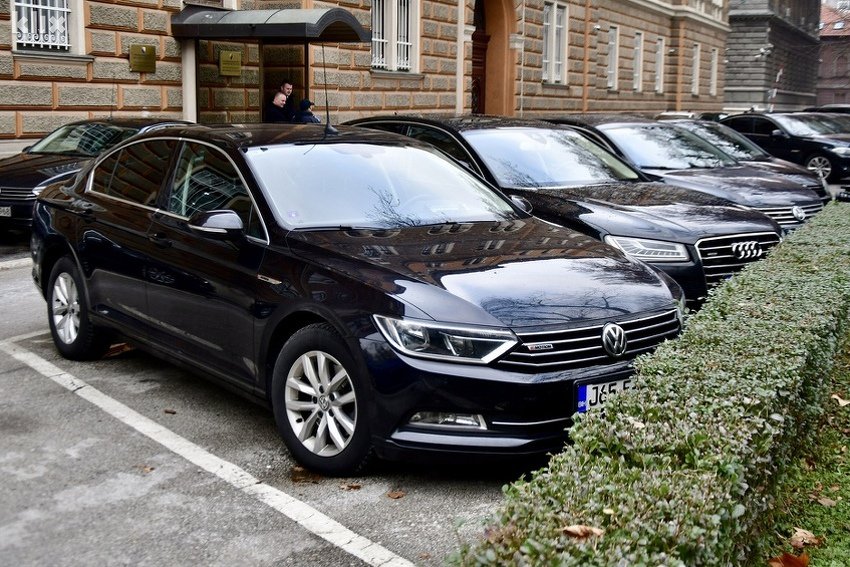 Exports of goods from Bosnia and Herzegovina (BiH) to Kosovo in the last six months are down by over 53 million BAM when compared to the same period last year, said Minister of Foreign Trade and Economic Relations of BiH Mirko Sarovic for Vijesti.ba news portal.
Exports of goods from Bosnia and Herzegovina (BiH) to Kosovo in the last six months are down by over 53 million BAM when compared to the same period last year, said Minister of Foreign Trade and Economic Relations of BiH Mirko Sarovic for Vijesti.ba news portal.
Over half a year since Kosovo introduced 100 percent tax on imports of goods from BiH and Serbia, the economy of our country suffered significant damage.
“This can be especially seen if, for example, we take the first four months of 2019, when we exported products worth 1 million BAM to Kosovo, while in the first four months of 2018 we exported goods worth 38.8 million BAM”, says Sarovic.
On May 28th, the further steps on discriminatory taxes that Kosovo continued to apply to Bosnia and Herzegovina and Serbia were the topic of meeting in Sarajevo with Deputy Chairman of the BiH Council of Ministers and Minister of Foreign Trade and Economic Relations Mirko Sarovic with Deputy Prime Minister of the Republic of Serbia and Minister of Trade, Tourism and Telecommunication Rasim Ljajic, Anadolu Agency (AA) reports.
Sarovic pointed out that for the last six months, Bosnia and Herzegovina has delivered 27 million euros less goods to Kosovo than the same period last year, a 97 percent drop.
Hence, in the first four months of this year, goods worth 500,000 euros were placed.
Ljajic said that since November 21stlast year, when taxes were introduced, until January 21st this year, Serbia delivered to Kosovo 189.5 million euros less goods compared to the same period last year, which is a drop of 80 percent.
Ljajic pointed out that the damage was worth less than a million euros a day.
The two ministers also concluded that citizens in Kosovo also suffer damage due to introduced taxis, because retail prices increased by 5.3 percent, foreign trade deficit increased by 5.4 percent, and imports of goods by 6.4 percent.
Also, it was stated that all regional initiatives were almost stopped because of the taxes, causing political harm to normalization of relations in the region.
For example, Protocol 5 (trade facilitation within CEFTA) was not yet ratified by the Kosovo Assembly, Protocol 6 (trade in services) although agreed, was not signed due to the problems caused by the taxes service.
For all this, Sarovic and Ljajic agreed that the two countries should jointly perform and carry out coordinated activities aimed at increasing the pressure to abolish the taxes.
If taxes are not abolished until the summit of the Western Balkans leader in Paris on July 1st, the two countries will consider introducing different models of countermeasures.















